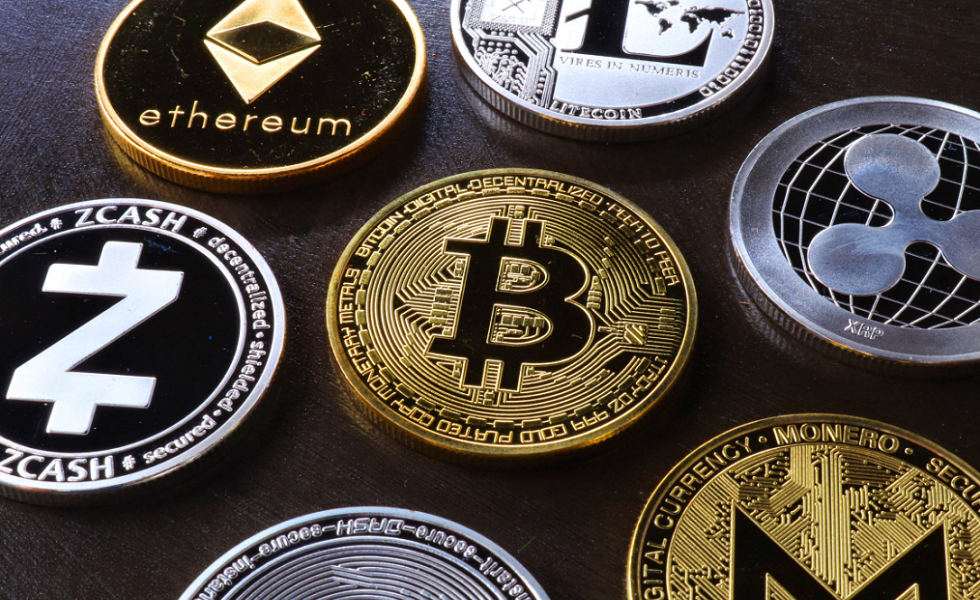Nickel: Crypto treasury companies perceived as a time bomb to the ecosystem

Investment professionals working in digital assets are increasingly concerned about the boom in Bitcoin treasuries as more publicly-listed companies hold Bitcoin as a reserve asset on their balance sheets, a poll by London-based Nickel Digital Asset Management (Nickel) shows.
Nearly one in three (32%) respondents agreed the growing trend is a time bomb to the digital assets ecosystem while 29% said crypto treasury companies are an attractive but fragile vehicle.
Bitcoin treasury companies, which hold Bitcoin as a significant portion of their corporate treasury reserves alongside or in place of traditional assets like cash or bonds, could potentially pose a risk to the digital asset ecosystem through the amplified volatility and risk of systemic shocks if they have highly leveraged balance sheets.
Some Bitcoin treasury companies can rely on acquiring Bitcoin using capital raised from public equity or debt markets. This could create a dangerous feedback loop during market downturns involving forced selling if the price of Bitcoin falls sharply.
The poll which drew responses from senior investment bankers in the UK, US, Switzerland and Singapore found support for the growth in Bitcoin treasury companies – more than a quarter (27%) said they are key enablers of adoption of digital assets. Around one in eight (13%) said they were neutral or still evaluating the trend.
Data from BitcoinTreasuries.net shows the number of Bitcoin held by publicly-listed companies is around 1.01 million with 190 companies holding it on their balance sheets. It estimates a further 139 entities including governments, private companies, ETFs and other funds, exchanges and custodians and DeFi smart contracts hold Bitcoin.
Software group Strategy – previously known as Micro Strategy – accounts for around 63% of Bitcoin holdings by publicly-listed companies and the US accounts for 79% of all entities holding Bitcoin identified by BitcoinTreasuries.net. However, organisations in the UK, Canada, Japan and Hong Kong are also investing.
